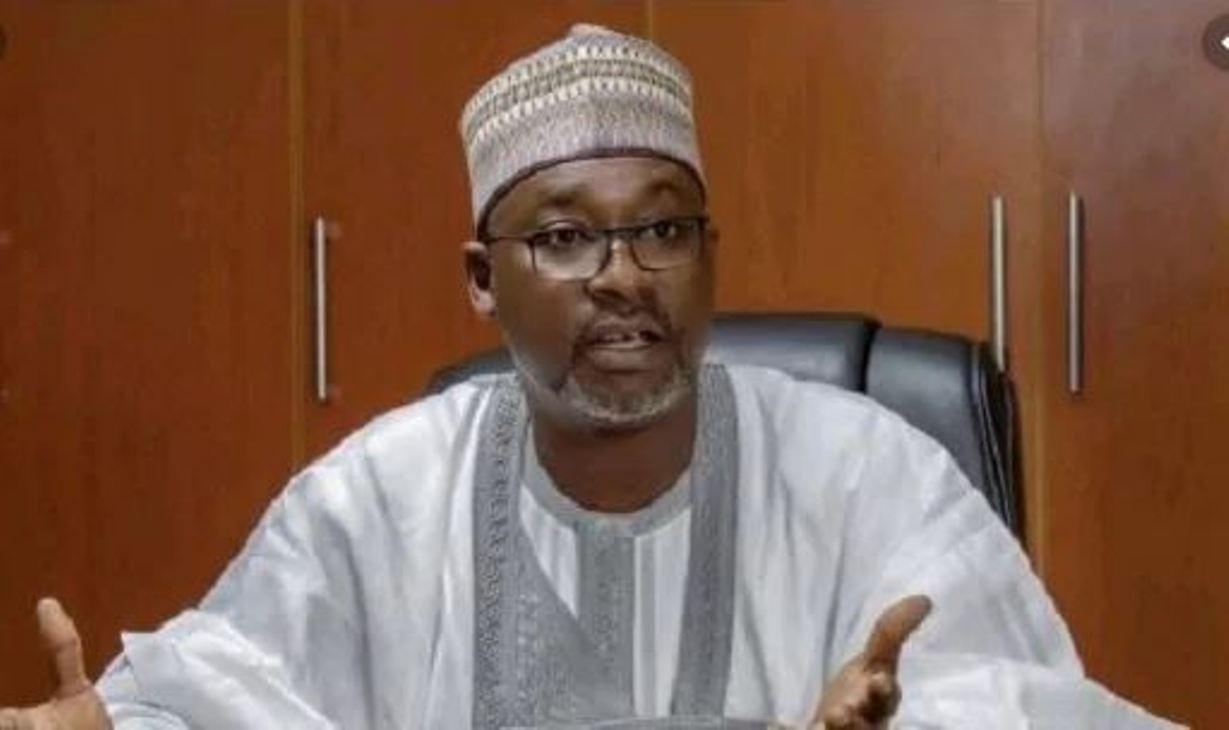FG worried over drilling of over 100,000 boreholes in Abuja
The Minister of Water Resources, Suleiman Adamu, says it is a huge concern for the Federal Government that over 100,000 boreholes are currently being drilled at the Federal Capital Territory. He said this in Abuja yesterday at the 7th edition of the PMB Administration Scorecard Series (2015-2023). He said: “In Abuja, I heard over 100,000 […]

Suleiman Hussein Adamu, Water Resources Minister
The Minister of Water Resources, Suleiman Adamu, says it is a huge concern for the Federal Government that over 100,000 boreholes are currently being drilled at the Federal Capital Territory.
He said this in Abuja yesterday at the 7th edition of the PMB Administration Scorecard Series (2015-2023).
He said: “In Abuja, I heard over 100,000 boreholes are being drilled and it’s a huge concern and I hope FCT and states will be able to step up their monitoring so that we get away with these boreholes.”
He said the federal government had developed 6761 water schemes were developed across urban, towns and rural areas of Nigeria with the production of 794.3 litres per day for no fewer than 32 million citizens.
Police deploys intelligence as Abuja-Kaduna train resumes
Ronaldo in talks with Saudi Arabia’s Al-Nassr – sources
According to him, “we are in a country where there is not regulations or standards for boreholes. We’re not saying you cannot build a boreholes in your house because we cannot do without boreholes, especially in villages, but we cannot have them in municipals and urban areas and we have no business having boreholes in Abuja and Lagos.
“We have fresh water of 1,800 cubic meters per capital supply; so we’re not a water-scarce country what we just need is equitable distribution.
“What we need to do now is to take our water supply facility to the current population. Without doing that, we’ll not get there.
“What we want is to be able to know where the boreholes are and we’re not saying the federal government is the one to give permit for drilling boreholes, we just want it to fall under a national safety code and guidelines so that hydrological services will have all the data it needs.”
Adamu said the proposed National Water Resources law would reduce flooding, adding that it was aimed at empowering the three tiers of government and relevant stakeholders to play more roles in water management.
